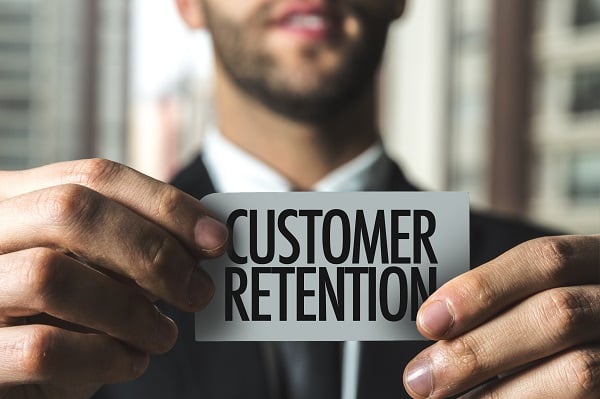Imagine for a second you were suping up a D-reg Vauxhall Nova with the sole aim of making it go as fast as possible. If you were smart, you’d probably start with the engine, fine tuning it to ensure maximum performance. You might look at the wheels, the bodywork, you might shift out some of the seats because, well, it’s about performance not looks. Whatever the plan, you wouldn’t start with go faster stripes and a new paint job.
Unfortunately, there are plenty of people out there who would try and make the car look pretty before they’ve got to the nitty gritty. It might look quicker from a distance, but it’s still hitting a top speed of 60mph at a push.
Transfer this thinking to marketing and you’ll see why so many people are wasting money, and why so many business owners have been stung by marketers in the past: they’ve been blinded by aesthetics and not questioned what’s happening under the hood. To avoid waste, business owners need to recognise the difference between great marketing and bad marketing.
Great (and not so great) marketing
Let’s look at one common scenario to demonstrate the difference. A business discovers pay-per-click (PPC) advertising, and thinks being number one on Google searches for their name, their product, their sector, their consumers’ pain point and the CEO’s mum’s birthday is vital. They overspend on PPC, they’re top of the rankings, and they think they’ve won. This is bad marketing.
The goal is wrong, and therefore the measurements of success were wrong, too. A great marketer would run tests, measure the results and analyse the best return on investment for each marketing channel. In this situation, a real-world example from one of our marketing directors, getting to fourth place on Google was a better use of money. It required far less investment and the overall return was better. That’s a bigger victory and a demonstration of great marketing.
Of course, PPC is one small tactic in a marketer’s arsenal, but the issue of poor planning and bad execution rears its head across marketing as a whole. Great marketing begins by assessing how a company does things at present. A full audit of existing business organisation, sales structures, products, and marketing collateral helps marketing directors - and the business leader - identify what’s working and what’s not. Bad marketing often ignores this strategic thought, basing activity on assumptions with little regard for the results.
Assessing value for money
The primary function of marketing is business growth, not tightening budgets. At its most basic, this is a question of value over spend. A business leader and a marketing director need to work together to define what success looks like for a business - over 12 months, two years, five years - what impact that would have on the bottom line, and what investment is necessary to get there.
If you haven’t had these conversations with your marketing consultant, and they immediately start talking about digital tactics or social media, it’s a red flag: a sign that you’re wasting money. Even more so if the results of the labour aren’t clearly demonstrated.
Great marketing is a delicate balance between art and science - the creative thought to design new products and services, drive new communications strategies and define brand messaging, and the scientific discipline to measure the results, interpret them, and change things accordingly.
A senior-level marketing director will use their vast experience and judgement to develop the right strategy for each business, but there is a certain amount of testing and measuring that has to happen. This analysis costs money, and there may well be necessary wasted spend in the short term figuring out what works and what doesn’t. It’s especially likely if marketing has, to date, been the play thing of sales, creating collateral whenever requested rather than pursuing its own defined objectives.
But the important thing is the bigger picture - continuous improvement towards a stated business goal. To reiterate, it’s investment, not cost - and the result is (or should be) growth.
A note on zero-based budgeting
This focus on value rather than spend has led many businesses to adopt zero-based budgeting. Many, many finance directors allocate budgets to marketing each year, without much thought as to why. They generally pluck a budget out of the air - between 1%-10% of a sales figure has become the norm - and run with that. These figures are accepted as standard, but they’re actually pretty arbitrary. zero-based budgeting turns the conversation on its head.
Rather than set a budget, zero-based budgeting starts with the end in mind. Rather than ‘here’s your budget, make some money’, the question is ‘this is the business goal, how much do you need to spend to get there?’ This puts the onus on the marketer to come up with a tight strategy where they’re asking for investment and promising a specific return.
Many people look at zero-based budgeting as a cost-saving exercise, an attempt to drive down budgets and get maximum results. But actually, the zero-based approach starts with the question of value and works out cost from there. Whether you adopt this approach or not, it’s the right question to ask and the right way to think about marketing spend.
However you budget, or allocate spend, isn’t the most important thing, however. The key to understanding whether you’re wasting cash on marketing is to know how great marketing works, and how it contrasts with the bad.
Recognise that and your bottom line will thank you for it.




-1.png?width=800&height=500&name=Expert%20View%20(1)-1.png)
